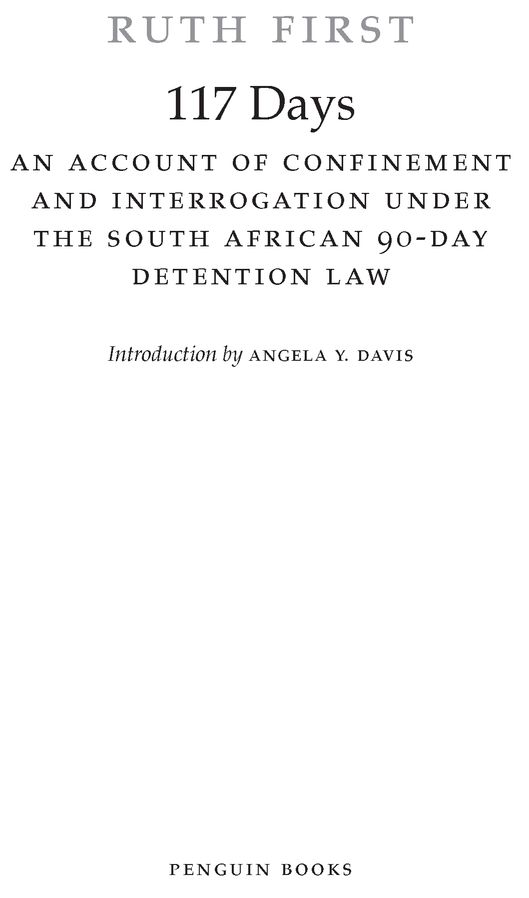Table of Contents
PENGUIN

CLASSICS
117 DAYS
Born HELOISE RUTH FIRST in 1925, she was the daughter of a Latvian Jewish father, Julius Frst, who had emigrated in 1907, and Tillie Levitan, born in Lithuania. Brought up in Johannesburg, she was the first person in her family to go to college and, in 1946, was awarded her bachelors degree in social sciences at the University of the Witwatersrand. From 1947, she was the local representative of the Cape Town-based Guardian. She then took over the Springbok Legions journal, Fighting Talk, editing it for the next nine years. In 1949, she had married the advocate and war veteran Joe Slovo, and they made their home, with their three daughters, in the suburb of Roosevelt Park. Both Ruth and Joe were leading members of the antiapartheid movement. After the 1960 Sharpeville State of Emergency both were listed and as banned persons could no longer be quoted. First was arrested under the ninety-day detention law on Friday, August 8, 1963. She was one of some one hundred and fifty detainees held separately throughout the country. First left South Africa in March 1964, and her record was published in London in 1965; it was also filmed by the BBC (with First playing the role of herself) the following year. She edited the collection of Nelson Mandelas articles and speeches known as No Easy Walk to Freedom (1973), and wrote several factual works including The Barrel of a Gun: Political Power in Africa and the Coup Detat and Libya: The Elusive Revolution. In 1980, she coauthored a biography of Olive Schreiner. An outspoken critic of apartheid, she was a speaker in demand throughout Europe even as she held a position in the Durham University Sociology Department. By 1892, she was a director of research at the Center for African Studies at Eduardo Mondlane University in Maputo, Mozambique. On August 17, 1982, her prediction that they would come again proved grotesquely true when she was killed by a letter bomb sent to her by the South African security police.
ANGELA Y. DAVIS is professor emerita of history of consciousness and professor of feminist studies at the University of California, Santa Cruz. She is the author of eight books and has lectured throughout the United States as well as in Europe, Africa, Asia, Australia, and South America. In recent years a persistent theme of her work has been the range of social problems associated with imprisonment and the generalized criminalization of those communities that are most affected by poverty and racial discrimination. She draws upon her own experiences in the early seventies as a person who spent eighteen months in jail and on trial, after being placed on the FBIs Ten Most Wanted List. Her most recent books are Abolition Democracy and Are Prisons Obsolete? She is now completing a book, Prisons and American History.
Introduction
Initially published in 1965, Ruth Firsts reflections on her arrest, imprisonment, and interrogation by the South African Police Special Branch were then offered to her readers in the hope of persuading them to join a growing international movement against South African apartheid. The intimacies she shared in 117 Days were not revealed for the purpose of garnering support for herself as a single individual. Rather they constituted a call to action, an appeal to people throughout the world to stand together with those who were fighting for democracy, justice, and racial equality in South Africa. There were no neutral perspectives from which to read this poignant and militant account of one womans struggle against the psychological torture police inflicted on her. As a reader, one was compelled to stand in solidarity with her cause or else, by default, to condone the activities of her torturers.
As the first white woman arrested under the ninety-day detention law, the treatment reserved for Ruth First by the South African police revealed the lengths to which the apartheid government was prepared to go in order to coerce into submission insurgent members of the white population who were committed to a democratic South Africa, and especially those who, like her, were ardent defenders of socialism. But what is most interesting about this memoir is her detailed account of how she endured isolation and sensory deprivation, including the withdrawal of all reading material except the Bible, and the pressure to provide information about her comrades to the Special Branch. As was the case with African National Congress leaders Albie Sachs, Fatima Meer, and many others who were imprisoned for their radical opposition, the very act of writing a prison memoir allowed her to remake a life and reassert autonomy over a will that the apartheid government had violently attempted to break.
As this U.S. edition of 117 Days: An Account of Confinement and Interrogation Under the South African 90-Day Detention Law goes to press, I wonder whether readers here will assume that the fall of apartheid, now universally regarded as a pivotal moment in late twentieth-century history, was simply a historical inevitability by virtue of the obsolescence of its racial policies. I wonder whether the present postapartheid vantage point will render it more difficult for readers to appreciate the invaluable contributions of antiapartheid activists like Ruth First. Will they shower well-deserved praise on Nelson Mandela, while forgetting the community of courageous men and women who crafted their lives in opposition to state racism, refusing to give up their dreams of a free and democratic South Africa? I wonder whether they will read Firsts words as the testimony of a victim of apartheid, without recognizing how much her own work helped to carve out the path that led to victory.
Ruth First was not primarily a victim of apartheid. As one of the South African governments most feared antagonists, she was repeatedly banned to the point of not being able to practice her craft as a journalist except under highly clandestine conditions. She admonished herself for forgetting to secret a single copy of Fighting Talk, the underground journal she had edited, which provided the pretext for her arrest. After her release, she joined her family in exile and lived for many years in London, where she worked as a scholarlecturing in sociology and publishing such studies of Africa as The Barrel of a Gun: Political Power in Africa and the Coup Detat. Later, she returned to southern Africa where she served as the director of research for the Center for African Studies at Eduardo Mondlane University in Mozambique. There, on August 17, 1982, she was killed by a letter bomb planted by South African officials. The prescience of the final words of her memoir should not go unnoticed. She had closed 117 Days with this sentence: When they left me in my own house at last I was convinced that it was not the end, that they would come again. They came again because this was the only way they could separate her from her struggle and from her comrades who were determined to bring to fruition their dreams of freedom. But even though they did come againand this time they came to destroy her bodythey could not annihilate the spirit that animated her writings. They could not extinguish the spirit that led all who had the opportunity to meet and work with her to marvel at the way she created a life so thoroughly infused with the dreams of democracy and socialism that even today it is impossible to evoke the South African freedom struggle without remembering Ruth First.


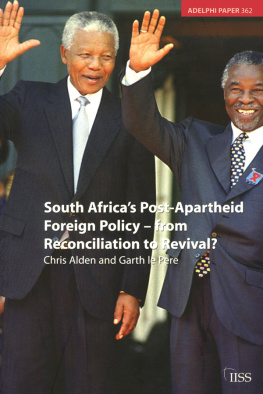

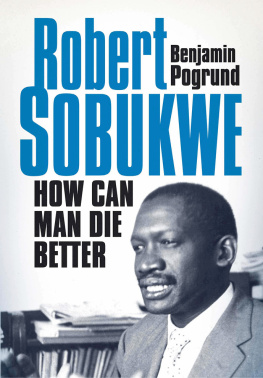
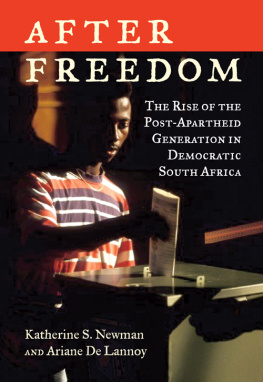
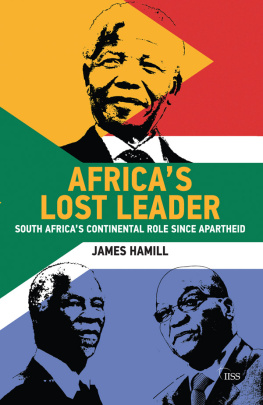
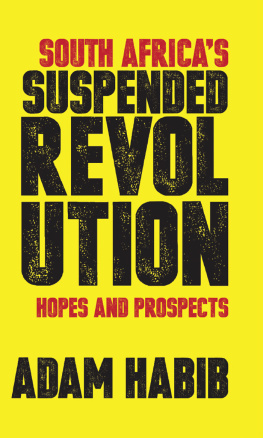
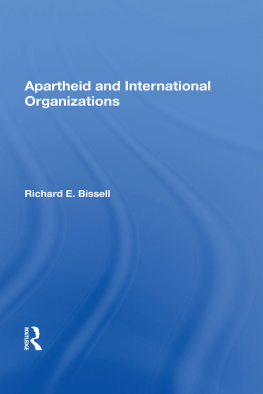
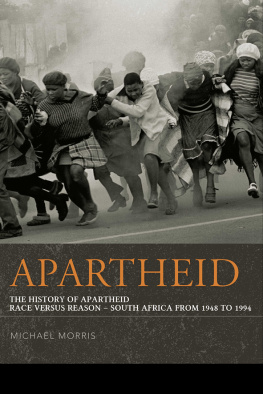
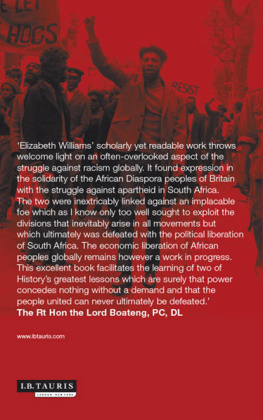
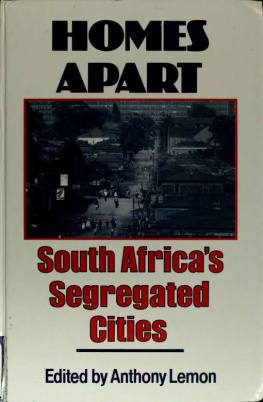
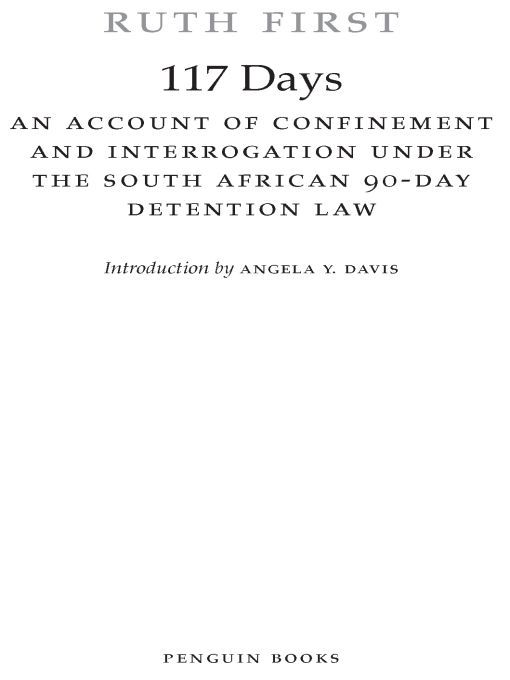
 CLASSICS
CLASSICS